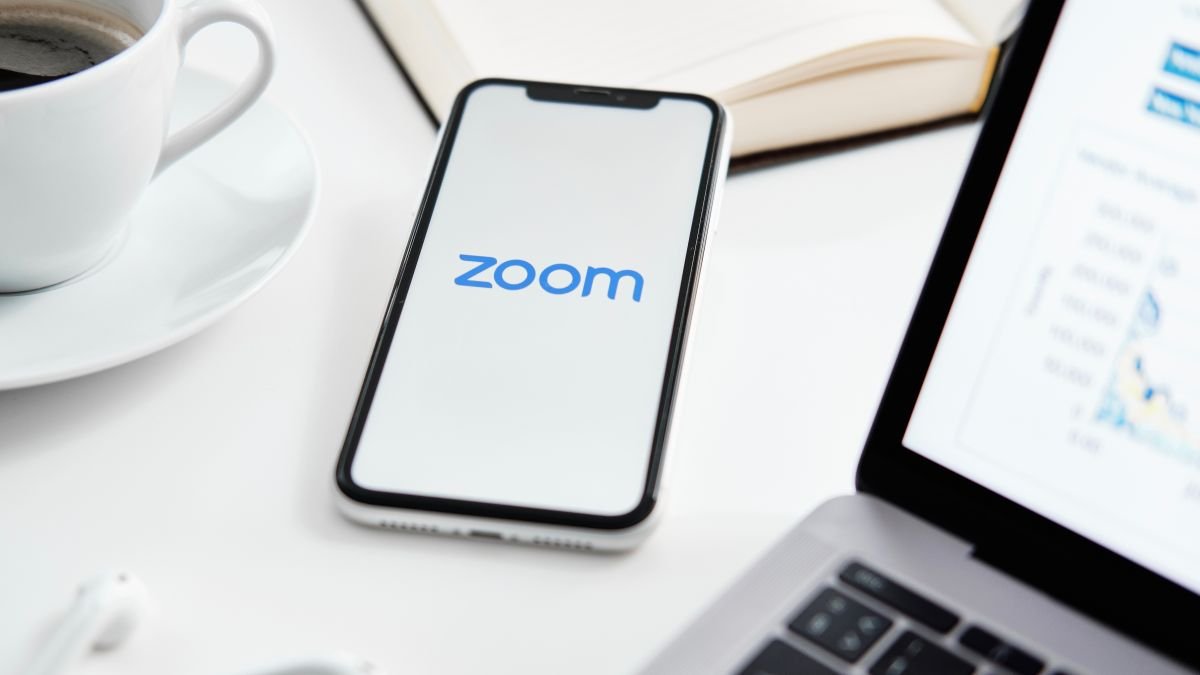

Video conferencing giant Zoom has announced its first acquisition, as part of its quest to strengthen its platform's security facilities. The company acquired Keybase, a secure file-sharing and messaging service, to help Zoom build end-to-end encryption capable of keeping up with the level required by the platform's recent surge in popularity. In a blog post, Zoom CEO Eric S. Yuan described the acquisition as "a milestone" in the company's attempt "to achieve the creation of a truly private video communications platform." In accordance with social distancing policies, the deal was reached via Zoom video call, though financial terms of the acquisition were not disclosed.
zoom acquisition
The Keybase acquisition marks the final step in Zoom's 90-day plan to improve the security of its video conferencing platform, introduced amid scrutiny caused by the recent user explosion. Researchers discovered a litany of vulnerabilities in the service, from the possibility of credential theft to application hacking, malicious code injection and more, forcing the company to halt product development. to focus on eliminating security gaps. Zoom believes that the acquisition of Keybase will help the company allay any potential concerns regarding its commitment to the security and privacy of its users. “There are end-to-end encrypted communication platforms. There are communication platforms with easily deployable security. There are communication platforms throughout the company. We believe that no current platform offers all this. This is what Zoom plans to build," Yuan said. "Keybase provides Zoom with expertise in security and deep encryption...Using a cohesive group of security engineers like this significantly advances our 90-day plan to improve our security efforts." security," he added. Once the new feature is rolled out, paid users will be able to activate an end-to-end encryption mode, which will see unique encryption keys per meeting controlled by the host (and not stored on Zoom's servers). End-to-end encrypted meetings will not support dial-in or cloud recording.The company estimates that the facility "will provide equivalent or better security than existing end-to-end encrypted messaging platforms for the consumer, but with the video quality and scale that have made Zoom the choice of more than 300 million daily meeting participants.” In the name of transparency, Zoom has committed to publishing a detailed blueprint of its cryptographic design on May 22. It will then solicit feedback from a host of experts, before finalizing the final design and rolling out the functionality.

